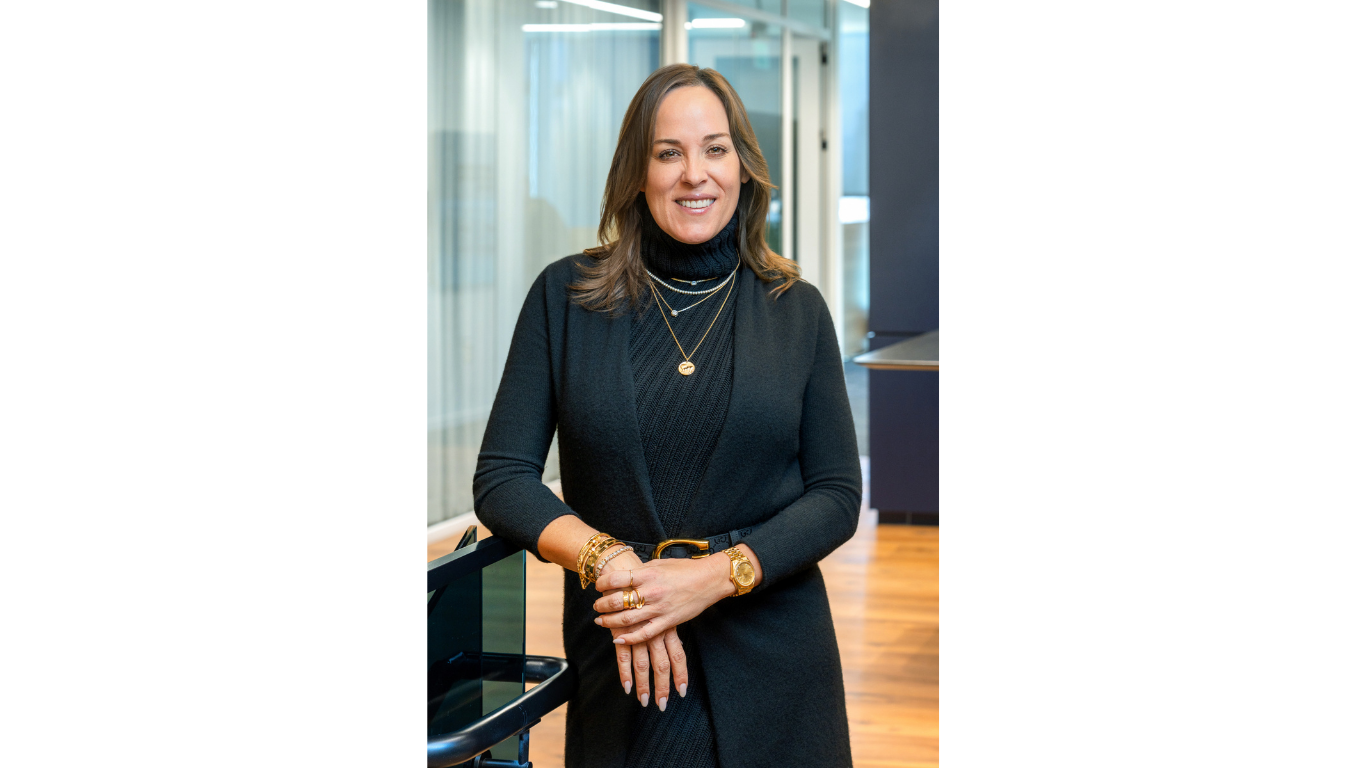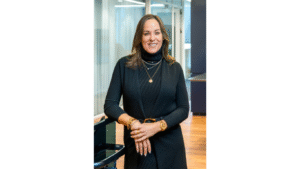Managing daily expenses while planning for long-term financial security is challenging. This guide offers practical strategies to help you balance everyday costs with your future financial goals.
Understanding Modern Financial Challenges
Living in urban environments like Singapore presents financial challenges, including:
- High living costs that impact household planning
- Expensive transportation, both in private vehicle ownership and public fares
- Domestic helper-related expenses
- Rising childcare costs that strain families
These issues are intensified by inflation and the need for future financial preparedness. Gaining awareness of these challenges helps create a strong financial plan focused on both immediate and future needs.
Common Recurring Expenses
Small daily costs can build up over time. In high-cost areas, these expenses affect savings capacity. Common recurring expenses include:
- Groceries
- Transportation
- Childcare
- Domestic help
Tracking spending helps identify savings potential and supports the creation of an emergency fund. Practicing selective discretionary spending strengthens financial resilience and redirects more income toward essentials and savings.
Protecting Day-to-Day Investments
Protecting everyday investments is essential for maintaining financial stability. For families with domestic help, selecting the best insurance for domestic helper is important. It offers financial protection against unforeseen circumstances or responsibility.
Beyond this, ensure other assets and belongings are covered by suitable insurance. Comprehensive coverage reduces financial stress and safeguards your overall investment in daily life.
Maximizing the Value of Every Dollar

In uncertain economic times, making every dollar count matters. Credit cards may provide travel benefits and rebates. Choosing the best miles card aligns your spending with your lifestyle goals and offers real value.
Used wisely, reward-based cards can support financial well-being. However, avoid accumulating high-interest debt by maintaining responsible usage and paying off balances consistently.
Developing Financial Habits for Long-Term Stability
Sustainable financial health relies on strong habits. Establish both immediate and long-term financial objectives first. Update them regularly as circumstances change.
Consistent saving is essential. An emergency fund covering three to six months of expenses provides a cushion during challenges like job loss or medical emergencies. Shared family saving goals promote accountability and future readiness.
Budget reviews help manage income effectively and allow more resources to be directed toward savings, insurance, and investment strategies.
The Hidden Costs of Poor Financial Planning
Inadequate preparation may result in additional expenses and lost advantages. Disorganization often results in late fees or missed opportunities. Tools like EasyPrint can streamline documentation and improve financial organization.
Using items like certificate holders keeps important papers accessible and well-managed. This simple improvement can prevent unnecessary costs and support long-term goals.
Prioritizing Savings and Emergency Funds
Emergency funds are critical to financial security. They reduce stress during periods of instability and give you time to regroup without taking on debt.
Building an Emergency Fund
Start small, even with weekly savings. Aim to set aside three to six months’ worth of essential expenses. Use high-interest savings accounts and reserve this fund for real emergencies only. To maintain the integrity of your buffer, refill it after usage.
Consistent Saving Strategies
Automated savings transfers encourage discipline and consistency. Use budgeting tools to identify spending leaks and shift funds into savings. Small cuts to daily expenses can lead to bigger reserves over time.
Strategies to stay consistent include:
- Weekly reviews of expenses
- Use of apps to track spending
- Avoiding non-essential purchases
- Maintaining savings to avoid dipping into investments
Managing Debt Effectively

(Štefan Štefančík)
High-interest debt can block long-term financial progress. It’s important to create a repayment plan that eliminates debt as efficiently as possible.
High-Interest Debt Repayment
To reduce the burden of interest:
- Prioritize loans with the highest rates
- Track debt balances and interest levels
- Adjust spending to make higher payments when possible
- Use bonuses or windfalls to accelerate repayment
Debt Consolidation Options
Consolidating debt makes payments easier and could lower interest expenses. Options include:
- Personal consolidation loans
- Balance transfer credit cards
- Home equity loans
Professional advisors can help find the best option for your needs. Simplifying debt payments creates space for future savings and investments.
Investing for the Future
Investing is one of the best ways to grow wealth over time. Various assets, including stocks, bonds, and real estate, provide different advantages. Choosing the right one depends on your risk tolerance and goals.
Air miles and cashback cards also serve as practical financial tools. While cashback gives immediate returns, miles are ideal for frequent travelers. Understanding your spending habits helps determine which card provides the most value.
Diversified Investment Portfolio
A balanced mix of assets protects against market shifts. Mutual funds, ETFs, stocks, and fixed-income products all serve different purposes. Spreading your investments increases stability and offers better long-term growth potential.
Know your risk appetite before investing, and reassess your strategy regularly to stay aligned with your goals.
Retirement Contributions
In Singapore, CPF contributions support long-term savings. With employers contributing 17 percent of the monthly salary, retirement funds can grow steadily. Government-guaranteed interest also boosts returns.
The earlier you start, the more time your investments have to compound. Consider supplementing CPF with private investments to diversify and enhance retirement readiness.
Adapting to Economic Changes
Global markets and local economies are constantly shifting. As a result, your financial plan should also change. Financial planning is impacted by employment trends, inflation, and interest rates.
Stay informed about key developments. Excessive inflation can lower savings power and increase borrowing rates. To counteract this, adjust your budget and diversify your investment holdings.
Tax strategies like tax-loss harvesting or using reliefs can help you optimize during uncertain periods. Being flexible and proactive ensures long-term security regardless of economic conditions.
Finding the Right Balance
Balancing present needs with future goals is an ongoing process. Overemphasizing one side can jeopardize the other. A healthy financial approach includes:
- Consistent budgeting
- Habitual saving
- Smart investing
- Responsible debt management
Revisit your goals regularly. Adjustments should reflect both current realities and future aspirations. A flexible mindset helps you maintain a path toward both comfort and growth.
Summary
Balancing everyday expenses with future security requires intentional planning. Recognize financial challenges, monitor expenses, and protect your day-to-day investments. Use tools like credit cards wisely and explore rewards systems that align with your goals.
Building strong habits around saving, debt management, and investing prepares you for the unexpected and positions you for future success. Stay organized, adapt as needed, and commit to regular financial check-ins. With these habits, you can achieve lasting financial well-being and peace of mind.
Article received in the mail































